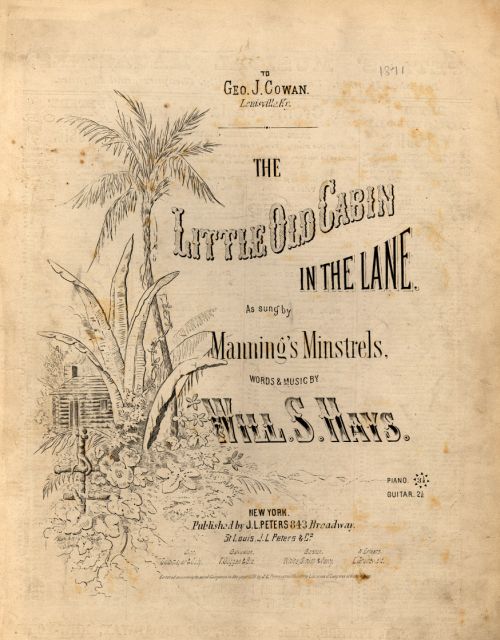
On an interesting note (well I find it interesting) the medical term for a hiccup is "myoclonic jerk" which sounds like a nasty name one of my Ex's may have called me.
[h=3]Phylogenetic hypothesis

[/h]An international respiratory research group composed of members from Canada, France and Japan proposed that the hiccup is an evolutionary remnant of earlier amphibian respiration. Amphibians such as tadpoles gulp air and water across their gills via a rather simple motor reflex akin to mammalian hiccuping. The motor pathways that enable hiccuping form early during fetal development, before the motor pathways that enable normal lung ventilation form. Thus, according to recapitulation theory the hiccp is evolutionarily antecedent to modern lung respiration.
Additionally, this group (C. Stauss et al.) points out that hiccups and amphibian gulping are inhibited by elevated CO[SUB]
2[/SUB] and may be stopped by GABA
B receptor agonists, illustrating a possible shared physiology and evolutionary heritage. These proposals may explain why premature infants spend 2.5% of their time hiccuping, possibly gulping like amphibians, as their lungs are not yet fully formed.
Fetal intrauterine hiccups are of two types. The physiological type occurs prior to twenty-eight weeks after conception and tend to last five to ten minutes. These hiccups are part of fetal development and are associated with the myelination of the phrenic nerve, which primarily controls the thoracic diaphragm.
The phylogeny hypothesis explains how the hiccup reflex might have evolved, and if there is not an explanation it may explain hiccups as an evolutionary remnant, held-over from our amphibious ancestors. This hypothesis has been questioned because of the existence of the afferent loop of the reflex, the fact that it does not explain the reason for glottic closure, and because the very short contraction of the hiccup is unlikely to have a significant strengthening effect on the slow-twitch muscles of respiration.










 Loved the Soggy Bottom Boys, great music in a great film, of course based on one of my favourite tales from history! There was a copy of Odyssey by my bed from a very young age.
Loved the Soggy Bottom Boys, great music in a great film, of course based on one of my favourite tales from history! There was a copy of Odyssey by my bed from a very young age.

